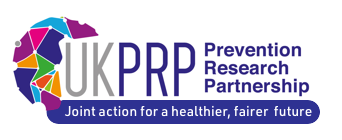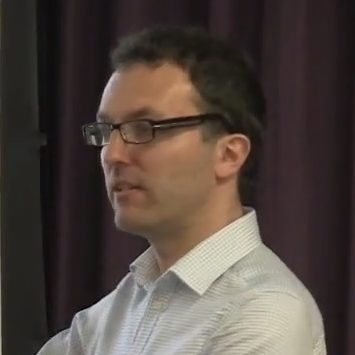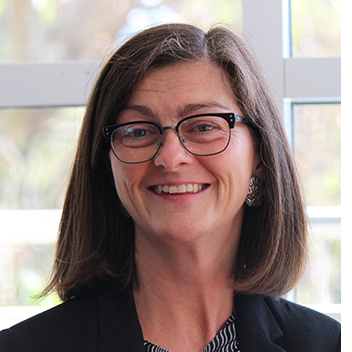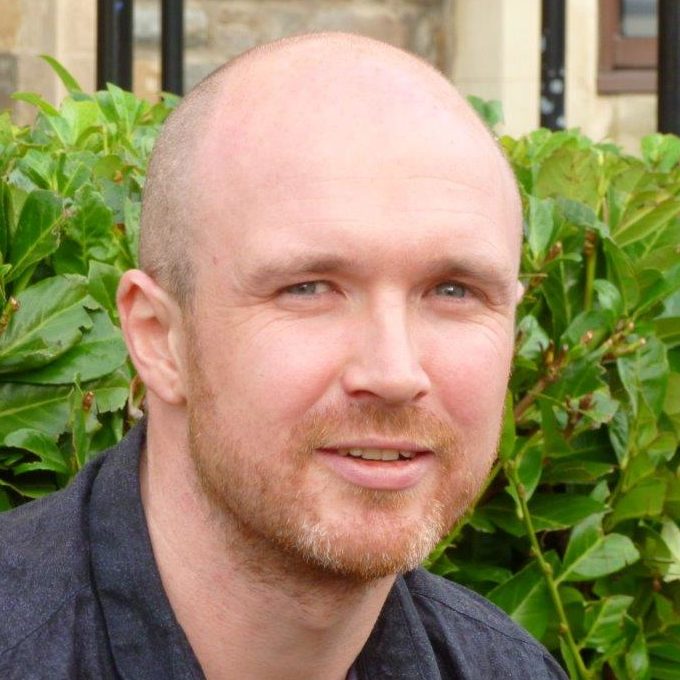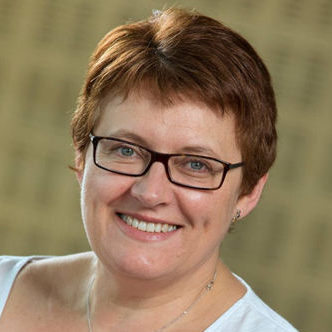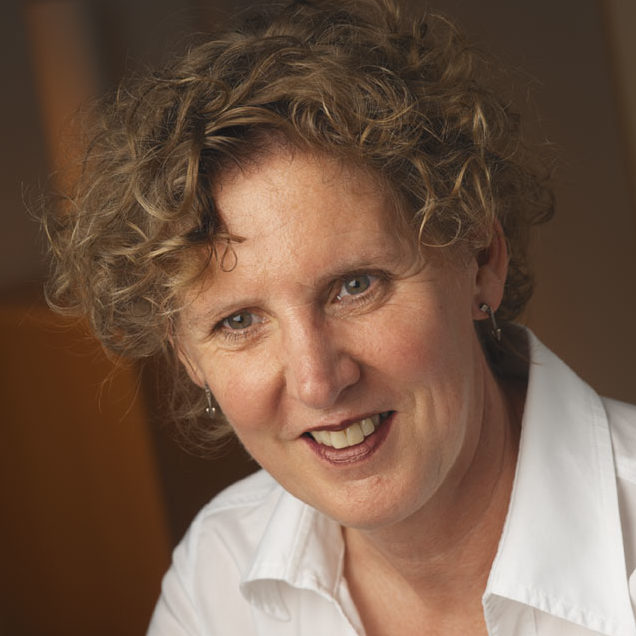Shaping Public hEalth poliCies To Reduce IneqUalities and harM
UKPRP award £5.9 million for 5 years, with additional in-kind investment from the consortium’s partners
The consortium will investigate the commercial determinants of health and health inequalities, building on the work of the UK Centre for Tobacco and Alcohol Studies by focusing mainly on tobacco and alcohol but extending work to unhealthy food (e.g. high in fat, salt and sugar).

Linda Bauld
Bruce and John Usher Professor of Public Health
Linda Bauld is a behavioural scientist with a PhD in social policy whose research focuses on two main areas: the evaluation of complex interventions to improve health, and how research can inform public health policy. Since 2014, she has combined her academic role with a secondment to Cancer Research UK where she holds the CRUK/BUPA Chair in Behavioural Research for Cancer Prevention. Linda is a former scientific adviser to the UK government on tobacco control and is a Fellow of the Royal College of Physicians of Edinburgh, Royal Society of Edinburgh and the Academy of Social Sciences. She currently chairs or is a member of research funding or policy committees for CRUK, NIHR, MRC, International Agency for Research on Cancer (IARC), Public Health England, Health Scotland, Institute for Alcohol Studies, Breast Cancer Now, the Scottish Government and Health Canada.
Our research
The consortium will investigate the commercial determinants of health and health inequalities, building on the work of the UK Centre for Tobacco and Alcohol Studies by focusing mainly on tobacco and alcohol but extending work to unhealthy food (e.g. high in fat, salt and sugar). The research aims to increase understanding of the complex systems of production, distribution and promotion underlying the consumption of these unhealthy commodities; and understanding of the influence of producers of the commodities on the systems that promote or harm health.
The consortium (SPECTRUM) will evaluate policies and natural experiments implemented in England and the devolved nations, including, for example: the introduction of minimum unit pricing for alcohol and other alcohol policies; proposed restrictions on the number and clustering density of tobacco retailers in Scotland; proposed policies to address key elements of food marketing; and variations in policies arising from ‘Brexit’. Evidence will be generated on the health and economic impacts of policy interventions, including on the wider economy.
The research will also: (i) map the local commercial environments of the commodities and model the impacts (and unintended consequences) of approaches to change those local environments; (ii) examine the relationship between the commodities, mental ill health and stigma, and explore how these could be altered; and (iii) determine how health governance and regulatory mechanisms can enhance NCD prevention policy. The methods and insights derived from the research on alcohol and tobacco will be extended to apply to food where appropriate.
On 25 September 2019 the UK Prevention Research Partnership (UKPRP) held a kick off meeting with the award holders from the first funding round. Download the slides presented by SPECTRUM (PPT, 3MB).
Resources
- Good Governance Toolkit: A guide on good governance in health policy. The case for using good governance to protect health. Let us know if you use the materials or plan to: Anna.Brook@sheffield.ac.uk.
- principles and content considerations for good governance policy & process, including an example risk assessment approach and flow-charts (PDF, 200KB)
- Alcohol-Consumption Reduction: Research on alcohol-free beer options in bars and their impact on sales and revenue.
- No- and low-alcohol drinks in Great Britain: Monitoring report
- Characteristics of consumers of alcohol‐free and low‐alcohol drinks in Great Britain
- Exploring Scotland’s Alcohol and Tobacco Landscape: new interactive CRESHMap
- The Khan review: making smoking obsolete – GOV.UK
- Stopping the start: our new plan to create a smokefree generation – GOV.UK
- ‘Stopping the start’: support for proposed tobacco control policies – a population-based survey in Great Britain 2021–2023
- APPG on Smoking and Health Manifesto for a Smokefree Future – ASH
- Annex 1: modelling assumptions – GOV.UK
Consortium members
Membership of the consortium includes:
- More than 20 academic disciplines such as law, economics, political science and geography.
- Research users from Public Health England (PHE), NHS Health Scotland and Public Health Wales as co-investigators, and knowledge brokers seconded from two of these users who are embedded in the consortium.
- Commercial partners – Sandtable and The Retail Data Partnership – will provide data, analytical platforms and skills needed to undertake the research.
- Key multi-agency alliances which aim to improve health and reduce inequalities in the UK and beyond: Alcohol Health Alliance; Obesity Alliance; Smokefree Action Coalition; Poverty Alliance; NCD Alliance.
For further details see the SPECTRUM website.
